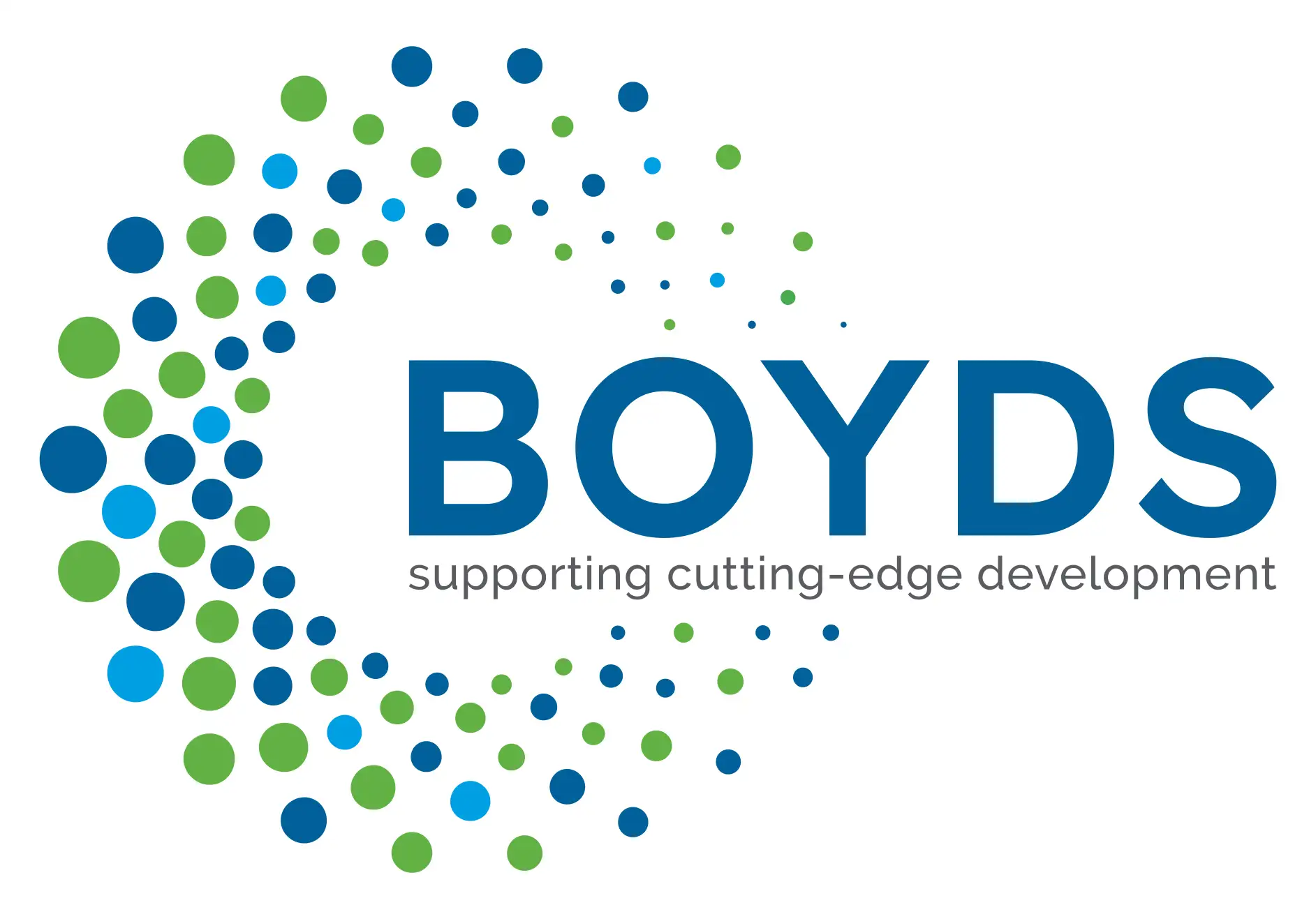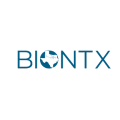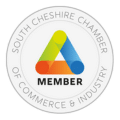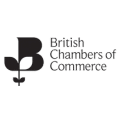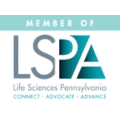Blog

What is a Target Product Profile and when is it needed?
When embarking on a journey it is preferable to have a destination or end goal in mind. The same is true when developing biopharmaceutical products; having an end goal or milestone to target helps keep the project team focused on what is required to reach the desired endpoint. A Target Product Profile (TPP), as the name suggests, defines the desired characteristics of the product, and is generally developed by the R&D project team, and in larger biotech and pharmaceutical companies,

Mitigating the risks with scientific due diligence
The need for scientific due diligence When companies enter into a deal, the successful outcome of that deal is subject to both parties working together to share information until an agreement can be reached. For biotech and life sciences companies, this is often achieved through scientific due diligence. Due diligence carries the simple understanding; you get what you expect and there are no surprises. What are clients looking for from the due diligence process? As an initial step in the

Navigating the challenges faced by Medical Directors
The role of a Medical Director is not only the key to the success of the medical department but secures medical as a key strategic Partner. This however is not always straightforward to achieve with competing priorities and views. Our experienced team has first-hand experience with the challenges faced by Medical Directors every day. Dr Karen Mullen, Chief Medical Officer at Boyds explains how getting the right support can help Medical Directors to excel in their role, navigate the challenges,

Medical monitors in clinical trials: the linchpin between patients and sponsors
Medical monitoring is an essential component of clinical trials: ensuring participant safety and data integrity. This medical oversight is often thought of as part of the sponsor team, our independent medical monitors (MM) at Boyds work on behalf of the sponsor, providing oversight across multiple study sites or multiple separate clinical trials. Boyds has a long history of providing independent medical monitors, founded on a broad scope of expertise, frequently in collaboration with internal clinical operations and strategic activities. Maximum
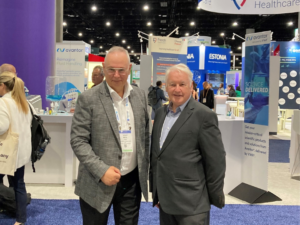
Reflecting on my first six months at Boyds – a blog by Dr Neil Fish
Dr Neil Fish joined Boyds in November 2021 as Vice President of Business Development, and has subsequently established the business development function, bringing in the required skills and best practise to support the development of new opportunities for Boyds. In his blog, Neil reflects on his first six months. My first six months at Boyds has been an exciting ride. If I reflect on where I was a year ago, I was actually a client of Boyds and was also

Progress of cell and gene therapies
Huge leaps forward in the development of cell and gene therapies have been made over the past few years, progressing the development of new treatments for diseases that were considered untreatable only a decade ago. In recent weeks there has been a significant flow of positive news about different types of advanced therapies. It was reported in the news in May that Emily Whitehead, one of the first patients ever to receive a chimeric antigen receptor T-cell (CAR-T) therapy, has

UK continues to lead in Advanced Therapies
The latest data on Advanced Therapy clinical trials has been released by the Cell and Gene Therapy Catapult recently (March 2022), showing that the UK was delivering 12% of the total ATMP clinical trials globally1. There is continued steady growth from 2017 to 2021 with the latest full-year having 168 trials ongoing versus 154 in 2020. It is likely that Covid has played a part in the numbers, both preventing some trials from closing but also reducing the number of
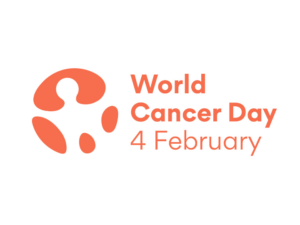
World Cancer Day: The future of cancer treatment and the health equity gap
World Cancer Day is held every year on 4 February to raise worldwide awareness and globally unite in the fight against cancer. The awareness day has created a positive movement globally, educating and paving the way to a world where millions of preventable cancer deaths are saved and access to treatment and care is available for all. This year, World Cancer Day, organised by the Union for International Cancer Control (UICC), campaigns the message ‘Close the care gap.’ Currently, millions of
